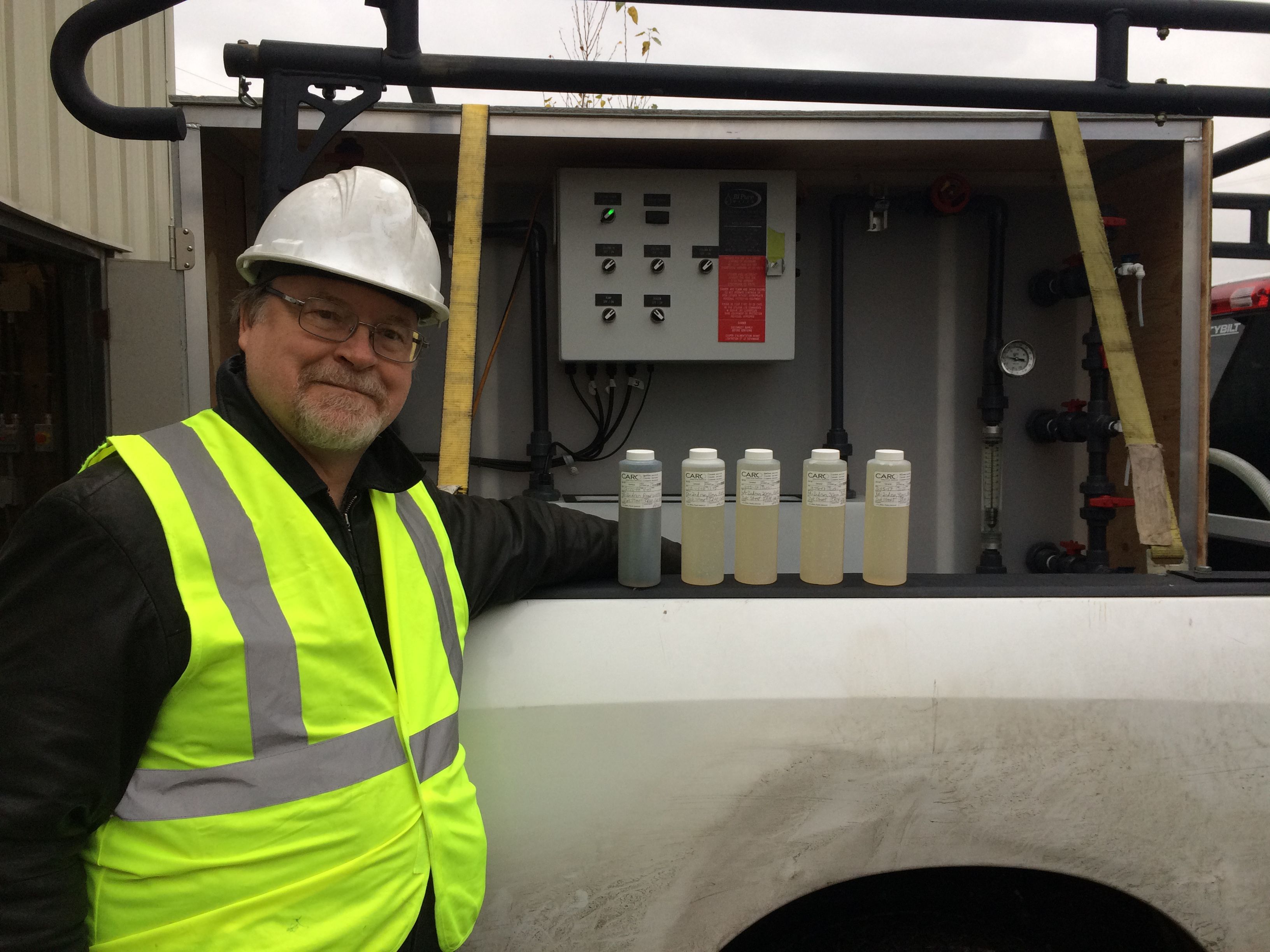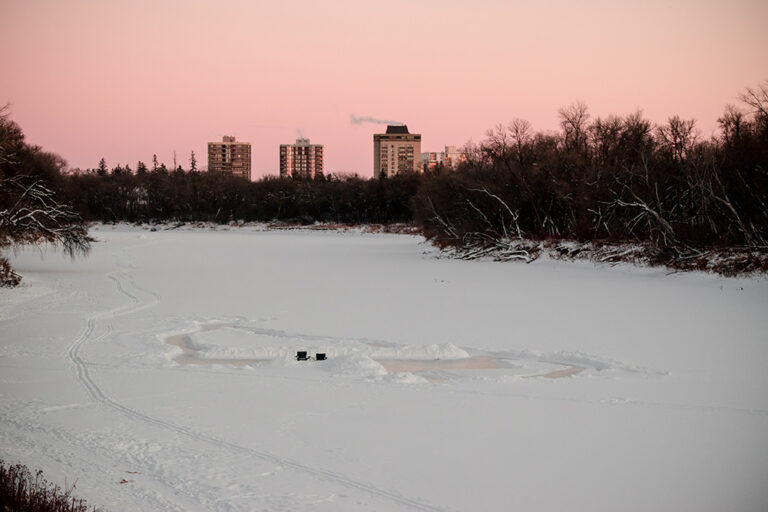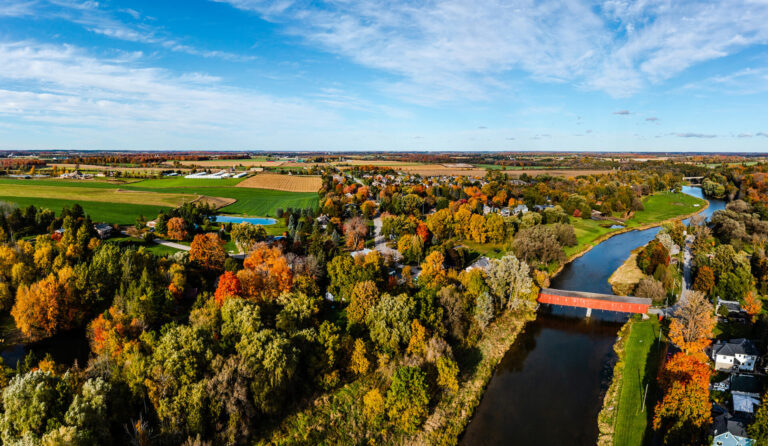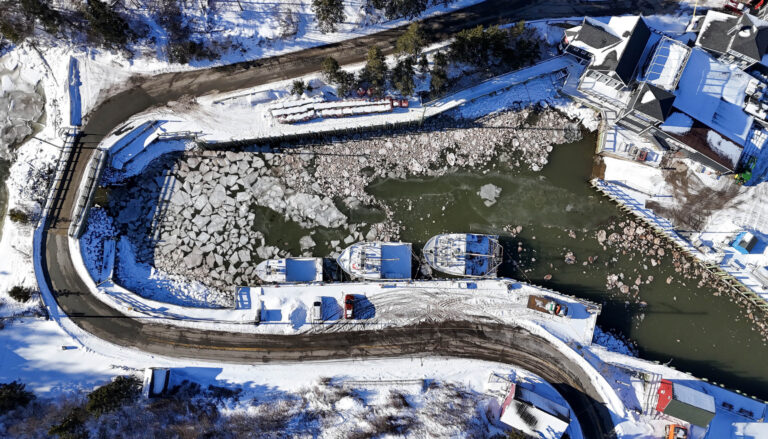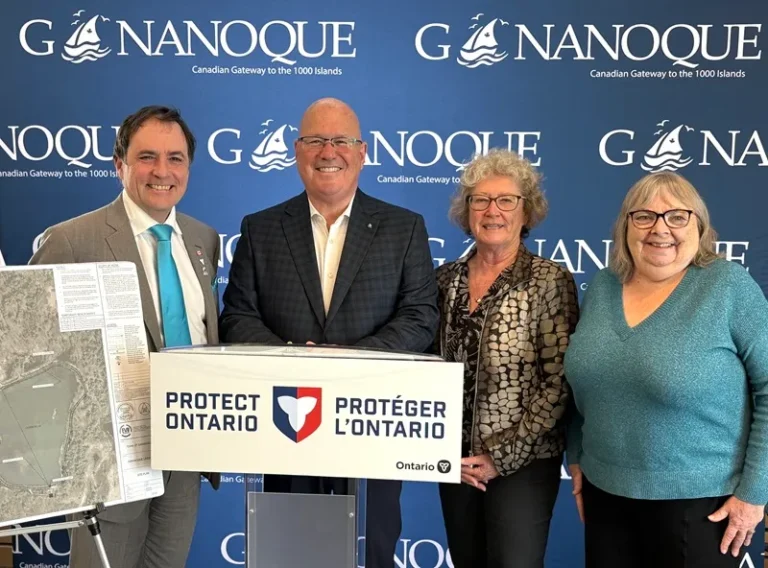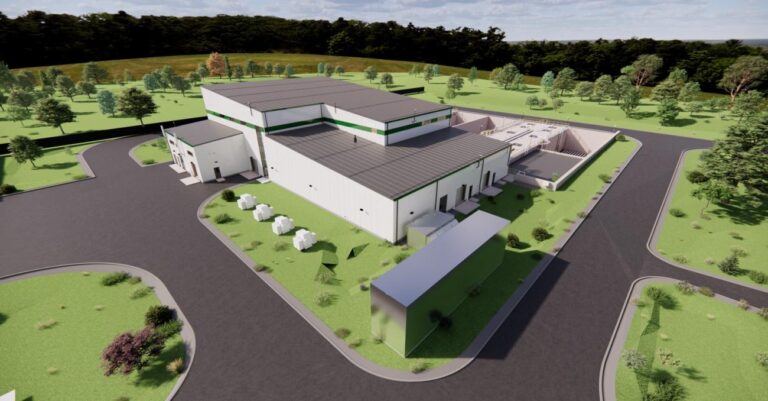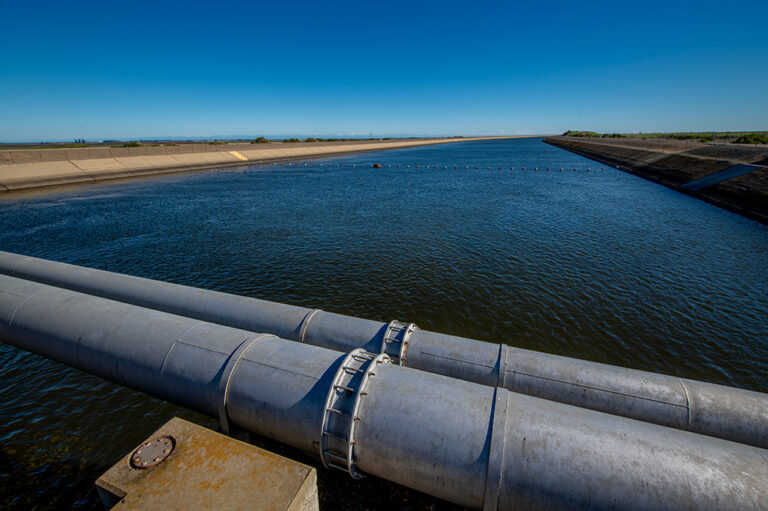BI Pure Water has secured a $350,000 federal grant to develop a production version of its new advanced oxidation process (AOP), Biperliminate, for wastewater treatment.
Now, the company is seeking a suitable site to deploy the technology to move beyond the pilot phase.
BI Pure Water’s Biperliminate process is deemed suitable to treat the following kinds of contaminated sites:
- Landfill leachate contaminated with industrial refractories, e.g. phenol, PAHs
- Before or after sewage treatment (where a sewage treatment plant may be under-performing or disrupted due to: pharmaceuticals, industrial chemicals)
- Old industrial site, e.g., where creosote, dyes, poly-chlorinated biphenyls (PCB) exist
- Refinery or hydraulic fracturing waters, e.g. naphthenic acids, PAHs, coal tar waters
- Pulp mill wastes (big molecules not digestible by bacteria/lignins)
- Many other wastewaters with low BOD* + high COD*, i.e. refractory, or are too toxic to bacteria
Biperliminate has been successfully pilot-tested on B.C. municipal landfill leachates, an Alberta landfill leachate high in phenol, and a legacy Vancouver industrial site high in naphthalene and xylenes.
Advanced oxidation technologies have gained interest in recent years because of their outstanding technical characteristics for eliminating a variety of pollutants in water and wastewater, according to market research.
Advanced oxidation processes such as UV+peroxide and ozone are used in the United States on various wastewaters such as at heavy industrial sites. Pollutants are reduced to water and carbonates/vinegar by an AOP. BI Pure Water’s early testing demonstrates that AOP is much safer, more effective and lower in operating cost than other AOPs.
Bi Pure Water is seeking the assistance of a municipality or consulting firm to identify an appropriate site. Sites that require lower upfront capital cost, less time to process the wastewater, lower temperatures, or a smaller footprint than biology would be suitable.
“In our research, we are finding a wide variety of contaminants in sewage effluent and landfill leachates,” said Ian Wylie, project manager, R&D, Bi Pure. “In one of the municipal landfill leachates we sampled, Bisphenol A, an endocrine disruptor, artificial sweeteners such as Acesulfame, and PFOA, a hard to destroy chemical found in most plastics, were found. Our AOP Biperliminate was able to destroy them by reducing them to common carbonates.”
He added, “Western Canadian wastewater disposal regulations are such that these contaminants are not yet properly regulated, however, such regulations are pending in many jurisdictions.”
The $350,000 grant came from the Build in Canada Innovation Program (BCIP), which is designed to help Canadian companies of all sizes move their state-of-the-art goods and services from the laboratory to the marketplace. The program helps innovators land a first major reference sale, sell their innovation but keep the intellectual property, and other benefits, by financing a government project.
Work is intended to commence in 2019.
For more information, contact:
Ian Wylie, MSc., CATM
Project Manager, R&D
Tel: 604-882-6650, local 224
Toll-free: 888-901-3111
Email: [email protected]

